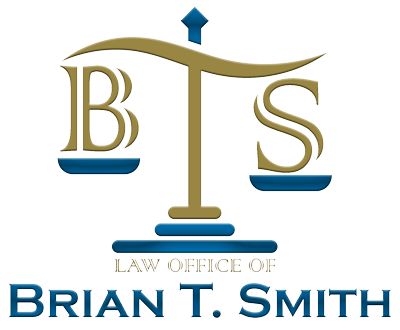Signs Of A Traumatic Brain Injury
Car accidents are often traumatic, but a traumatic brain injury (TBI) can be one of the most devastating consequences of a car accident. According to the latest information from the CDC, car accidents are the third overall cause of TBI-related ED visits, hospitalizations, and deaths.
However, signs of TBI are not always obvious. Unlike open head injuries, where the skull is fractured or penetrated, closed head injuries (sometimes called “silent killers”) may leave little to no visible damage. Closed head injuries can happen when the head hits a blunt object, like a steering wheel or dashboard. But a person does not need to experience direct impact to the head at all for a brain injury to occur. In some cases, the mere force of the collision causes the brain to strike against the interior of the skull. These closed head injuries can result in contusion (bruising of the brain) and hemorrhaging (bleeding), which may not be visible at the time of injury.
Symptoms of a TBI may take days or weeks to occur, and some symptoms may be surprising to an untrained observer. Here are several signs that you or a loved one may have sustained a TBI following an accident:
- Headache, nausea, or vomiting
- A bad taste or a change in ability to smell
- Sound or light sensitivity
- Memory lapses or confusion
- Inability to follow instructions
- Clumsiness, paralysis, or lack of coordination
- Mood swings or change in personality
There are many other possible symptoms of a brain injury, so it’s critical that you see a medical professional as soon as possible after an accident where a brain injury could have occured. If the accident occurred due to the someone’s negligence or carelessness, you may be eligible for compensation for lost wages, past or future medical bills, rehabilitation, or more. Call Brian Smith and his team for a free consultation. We want to enable you or your loved one to get the best care available.



